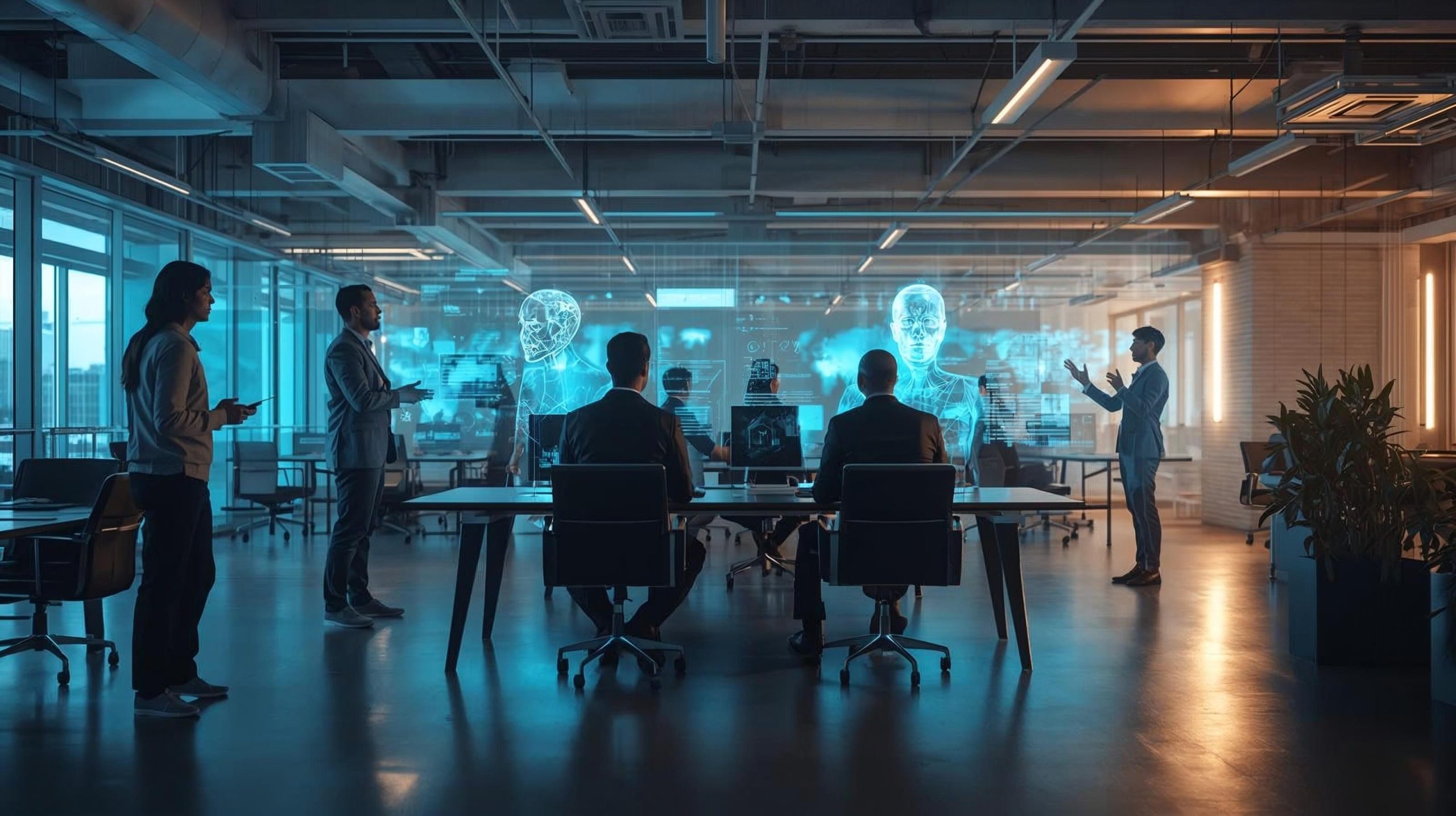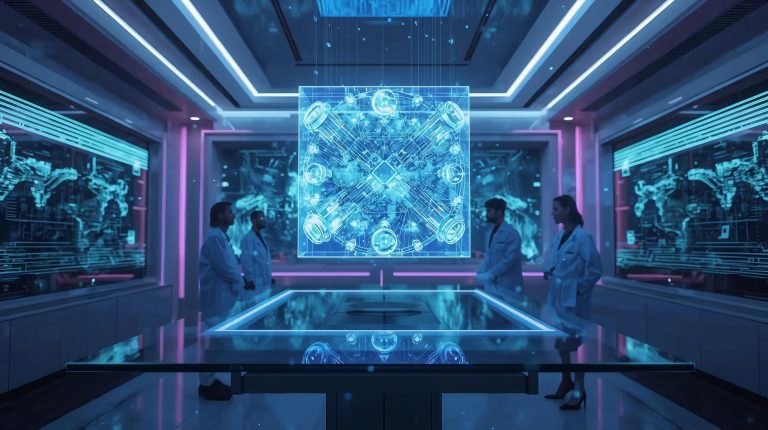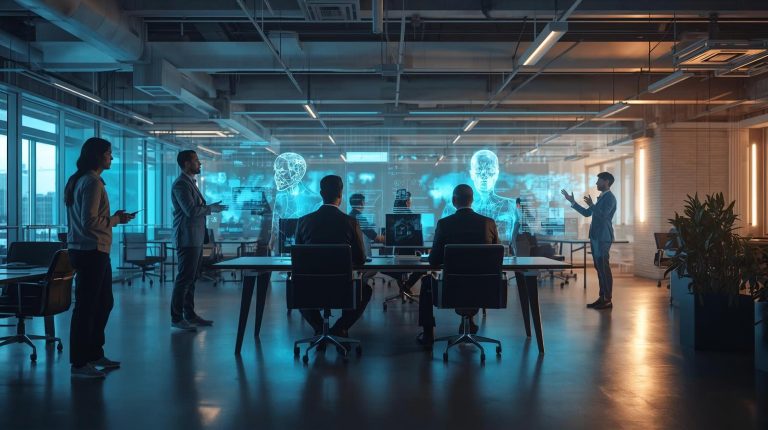
Humans and AI systems collaborate in next-generation workplaces, transforming how tasks are shared and roles evolve.
What if, when you arrived at work, an AI agent was ready to handle your inbox, schedule meetings, and collaborate on projects before your first coffee? AI agents are no longer just a big idea from the distant future. They are already changing the workplace for millions.
From Fortune 500 corporations to startups, decision-makers are asking how AI agents will influence jobs, productivity, and human roles. The rising impact of AI agents is making headlines and sparking discussions about what our workdays will look like next.
What Are AI Agents?
AI agents are advanced software assistants that can understand directions, make independent decisions, and learn new tasks. This is different from simple automation. AI agents take on whole workflows, not just isolated steps.
Imagine a colleague who can take over data entry, answer common emails, and manage your calendar, freeing you up to tackle work that needs creativity and problem-solving.
AI agents are designed to function as true partners, not just tools.
How AI Agents Change Roles
Some worry that AI agents are here to replace workers, but the reality is more complicated. Experts say only a small portion of jobs are likely to disappear entirely. Studies show that most jobs will change, not vanish. AI agents tend to take over repetitive or routine tasks, while humans shift toward roles needing empathy, judgment, or innovation. According to industry surveys, almost one-third of employees have had their responsibilities reshaped by AI agents, but most have been assigned new tasks rather than dismissed.
Employers now look for people with strong communication skills and adaptability. Jobs once defined by routine are evolving to focus more on uniquely human talents.
The Human-AI Teamwork Model
AI agents work best in teams with people. In most organizations, work is broken into tasks. AI agents excel at processing data, performing research, and handling communications that can be standardized.
Tasks that need context, nuanced judgment, or improvisation still go to humans.
Transitioning to this kind of teamwork can be a relief for some and a worry for others. Employees who want more independence and focus on meaningful projects often welcome AI agents.
Others may need support or training as familiar job tasks move to software.
Society and Business in Transition
AI agents are changing the landscape quickly. Routine-heavy jobs, such as those in data entry or customer support, feel the shift first. Roles that call for critical thinking and expertise continue to evolve, but are not replaced.
Companies that embrace AI agents for more than just cost savings are seeing the biggest gains. Success depends on creating new workflows, investing in training, and focusing on fairness and transparency.
Why AI Agents Matter
The growth of AI agents is forcing everyone to rethink what work means. As agents help with routine duties, people are free to use skills like creativity, leadership, and emotional intelligence.
Those talents are not easily copied by code, and they will only grow more valuable.
AI agents are not taking the human out of work. They are opening the door for people to do what only humans can, creating a future where both agents and people thrive together.



